PEIIPP’s Public Statement on Land Use Planning in Prince Edward Island
December 26, 2020
The Prince Edward Island Institute of Professional Planners (PEIIPP) is pleased to see continued interest regarding land use planning in the province. As the only Island organization that represents national standards for the planning profession, the Institute believes it is necessary to clarify its position on various statements made in the public domain in recent weeks regarding the proposed modernization of the province’s land-related legislation and policy.
Firstly, the Institute calls upon the Government of Prince Edward Island to proclaim the Registered Professional Planners Act (RPP Act) without delay. The legislation is key to protecting the public interest in land by ensuring that only adequately qualified practitioners are entitled to portray themselves as “certified.” This would be a first and significant step in showing Government’s commitment to modernizing land use planning in the province.
Secondly, the Institute is requesting that the Government of Prince Edward Island clarify statements made in the Legislative Assembly on 2nd July, 2020 about certified planners. How many professional planners certified in accordance with national standards does the provincial government employ or otherwise retain, which organization(s) are these individuals certified by, what level of certification do each of these individuals hold, what roles do they perform, and what is the collective range of their subject matter expertise?
Thirdly, the Institute is calling on the Government of Prince Edward Island to clarify how the review of planning legislation announced in July 2020 (Land Matters PEI) will draw upon the body of work that has resulted from the Report of the Commission on Land and Local Governance (The Thompson Report) over the past decade. The Planning Act establishes standards for how land is used, managed, protected and enforced. In particular, significant work on the Planning Act and its regulations has been carried out up until 2020 and not been implemented. The Lands Protection Act is limited to addressing land ownership.
Finally, the Institute notes a statement in the Legislature (also on 2nd July, 2020) that indicates the Institute has been involved in the modernization of the Planning Act. The Institute believes that it is necessary to clarify that it has not been consulted on this initiative.
The Institute is concerned that confusion will continue regarding work that has been completed to date, regarding the role of “policy” staff and professional planners within the provincial government, and regarding the Lands Protection Act and the Planning Act. Certified professional planners meet a publicly established standard of expertise in land use and its sub-specialities (including policy preparation relating to land use), and must adhere to a code of conduct to be responsible to the public interest, to employers, and to the profession.
The Institute is requesting that the Government of Prince Edward Island respond to the questions listed in our statement above.
The Institute would be happy to respond to questions on any of the foregoing.
The Prince Edward Island Institute of Professional Planners peiplanners@gmail.com | @PlanningPEI
BACKGROUND
The Prince Edward Island Institute of Professional Planners (formerly the PEI Association of Planners) is the professional body, supported by the Atlantic Planners Institute, that voluntarily certifies and regulates professional planners in the province using standards established jointly by regulatory bodies across the country. A listing of certified professional planners in PEI can be found here: https://atlanticplanners.org/provincialassociations/prince-edward-island/peiipp-members/.
In the absence of the Registered Professional Planners (RPP) Act, certified professional planners in PEI are entitled to use the designation MCIP (member of the Canadian Institute of Planners), indicating they have been tested to the national standard. Some members also register in other jurisdictions, and thus attain other designations, such as RPP (registered professional planner) or LPP (licensed professional planners); however, these designations are not currently recognized or protected in PEI.
Prospective planners with accredited planning degrees (or related degrees and additional experience) formally enter the certification process as Candidates. A minimum of two years of employment experience, along with other requirements such as experience logging and relevant examinations, are necessary to be fully certified. Information on the path to become a certified professional planner can be found here: http://cip-icu.ca/Careersin-Planning/Become-a-Planner.
The Canadian Institute of Planners Code of Professional Conduct has been adopted by the PEIIPP and can be found here: http://cip-icu.ca/Files/Provincial-Codes-of-Conduct/CIP-CODE-OF-PROFESSIONAL-CONDUCT.aspx
The Registered Professional Planners Act received royal assent on June 12, 2018 but remains un-proclaimed. Bill 20, as passed, can be found here: http://www.assembly.pe.ca/legislative-business/house-records/bills
